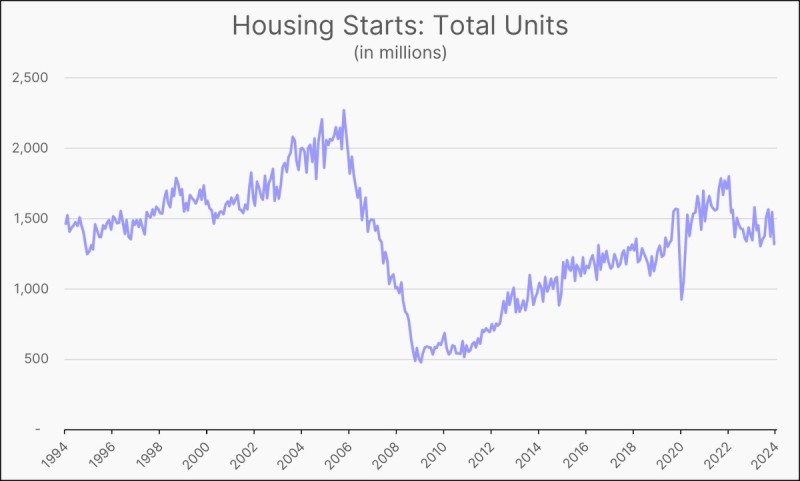Advertisement
Pinnacle Direct Funding and Tri-Star Lending merge
Tips for a smooth closing ... How you open a transaction determines how it closesMike BoggianoSilver Hill Financial, commercial loans, small balance commercial loans
If youve ever experienced less-than-ideal closings, a look back
at the beginning of the transaction might reveal some warning
signs. At the least, you can typically gauge a clients commitment
to the transaction by his cooperation level right from the start.
Borrowers who drag their feet in providing the information
necessary to receive a pre-approval will likely present similar
challenges during the underwriting process. Brokers can help by
communicating effectively throughout the process and setting
expectations up front. Small commercial loans are no different, but
may require more education and guidance than with a residential
transaction.
Q: What can I do to make sure my small commercial loan
closes quickly and with no surprises?
A: How you open the transaction determines how the
transaction closes. In other words, the tighter you control the
front end, the smoother the road you pave to the closing table will
be. Brokers can do several things to ensure the transaction moves
as quickly as possible. Start by selecting a streamlined
programnon-traditional small commercial lenders may offer closings
in fewer than 90 days, with some closing in as little as 30-45
days. Its also important for brokers to educate borrowers on what
they need to provide and give a general idea of the timeline. Here
are some additional tips:
Turn in a complete submission package
It sounds basic, but youd be surprised by the number of incomplete
packages lenders receive. Your lender partner should provide a
checklist of requirements. Be sure to review this and ask any
questions you might have. Clearly communicate to the borrower what
documentation is required. Encourage him to submit the necessary
documents as quickly as possible, offering your help if he needs
assistance. Some lenders may provide an incentive for getting the
package in early. Include appraisal fees and title forms as
required. By following the lenders guidelines for submission and
presenting a complete, organized package, you establish credibility
with the lender. Most importantly, your file will receive quicker
attention.
Make sure the title is clean
Commercial property titles are not like residential ones, where you
can pull the title a day or two before closing. In the commercial
arena, title requests typically take longer to process, and theres
a higher likelihood of issues, such as liens or encumbrances, being
present. While this does not mean that you will always encounter
issues with the title, it pays to look into it sooner rather than
later. Some lenders order the title when the underwriting begins,
helping to keep the process as streamlined as possible. Ask your
lender how title is handled.
Ensure a speedy appraisal
If your lender allows limited appraisals of most small commercial
properties, youre already ahead of the game. In addition, one of
the best things you can do early in the process is visit the
property for a first-hand look. Make sure that the subject property
matches the description (number of units, occupancy, physical
condition, etc.) given by the borrower. Do an objective
self-evaluation of the projected property value, taking photographs
if necessary. Typically, it is also beneficial to submit all
documentation (property financials, leases, rent roll, photographs,
etc.) before the appraisal is ordered, thus not delaying the
process. It also sends a strong signal to the lender that you have
control of the transaction.
In addition, help the borrower understand that commercial
appraisals are more complex than residential; they require more
time and cost. Manage expectations by explaining that valuation is
based on an income approach and appraisers must conduct market
research to compare rent, occupancy, vacancy and rent loss
levels.
Get complete property insurance and contact information from
the borrower
This will save time as you near closing day.
Communicate!
Effective communication throughout the process is essential to a
successful close. Set and manage borrower expectations from start
to finish. Ask questions of your account manager or lender contact
whenever something is unclear; they are there to help. By
facilitating a smooth transaction, you enhance your role as a
trusted advisor to clients, which can earn you future business and
valuable referrals.
Mike Boggiano is senior vice president, national sales
manager for Silver
Hill Financial LLC. He may be reached by phone at (877)
676-1562 or e-mail [email protected].
About the author





